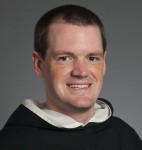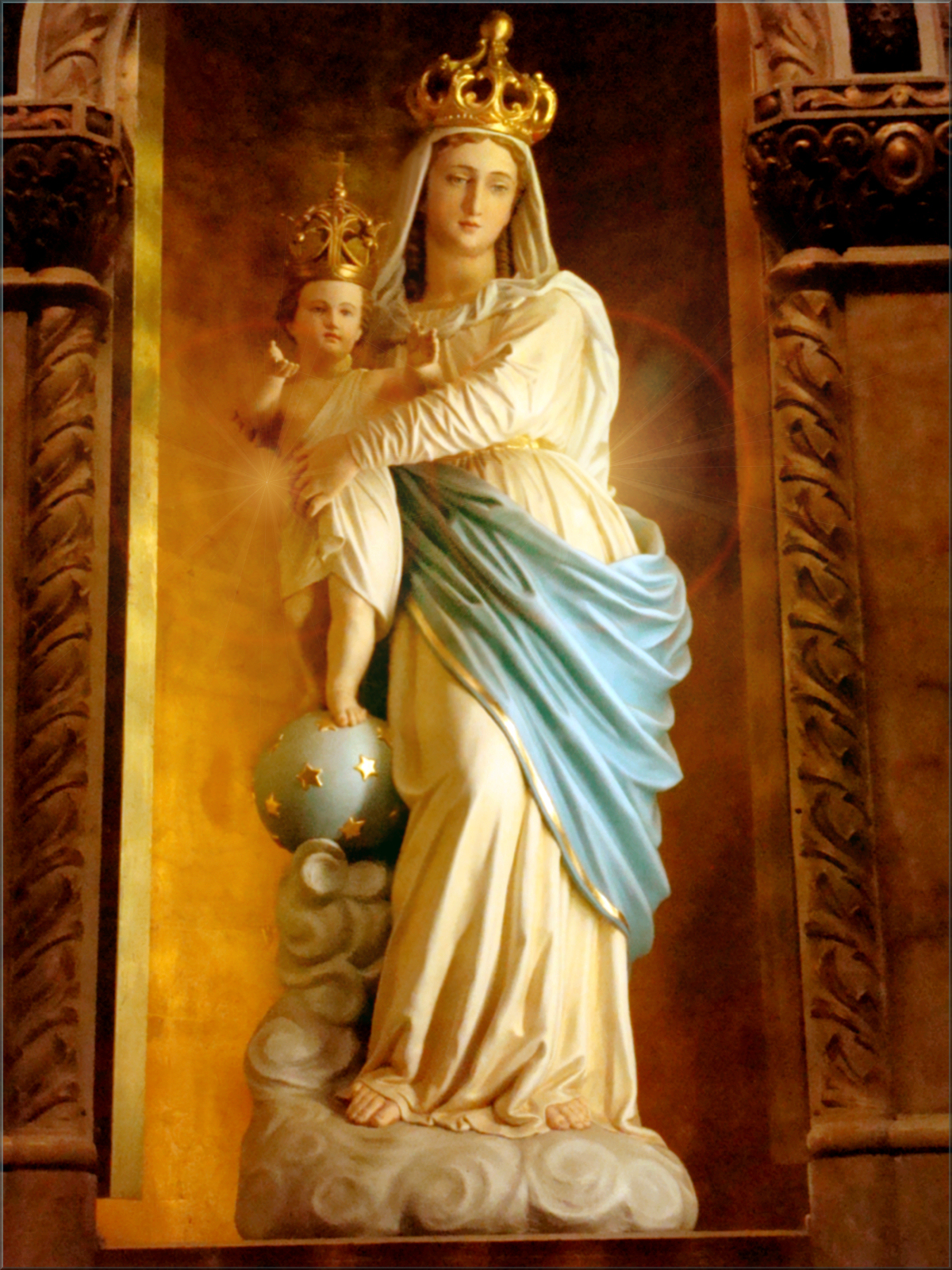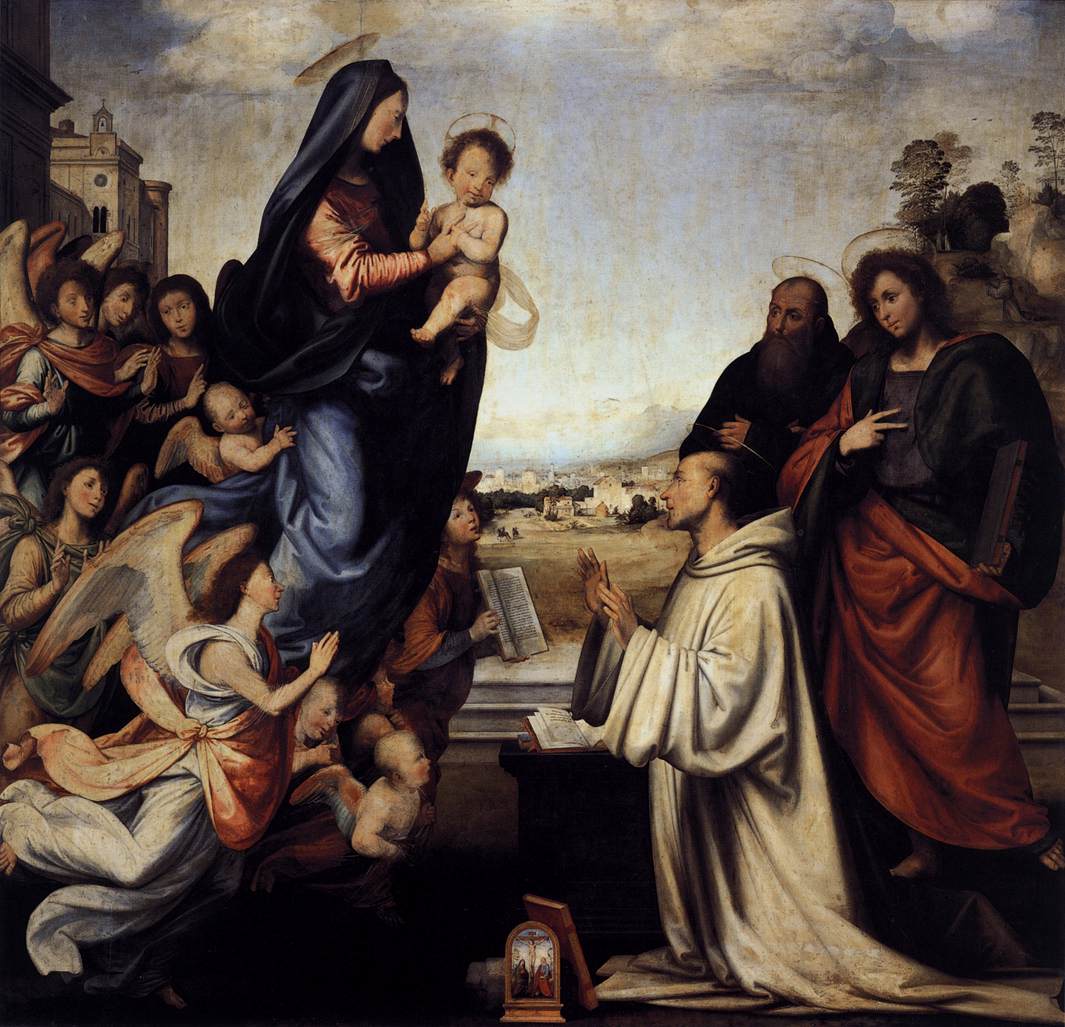
-tabernacle of the Israelites in Exodus

-God “pitching His tent” among His people in Exodus
“When Moses came down from Mount Sinai with the two tablets of the covenant law in his hands, he was not aware that his face was radiant because he had spoken with the LORD. When Aaron and all the Israelites saw Moses, his face was radiant, and they were afraid to come near him.”
-Ex 34:29-30
“Man seeks to dwell. There’s even a magazine dedicated to it. We want some place to identify as home. And we don’t just want any old four walls and a floor. We want an architecturally pleasing place. And then we want to decorate it: find a color scheme that works for the walls, hang paintings, hang pictures, install some wainscoting, find rugs that really tie the rooms together. Having a home and making it beautiful are natural human instincts.
We decorate our homes to reflect our tastes and style. But we also decorate according to seasons. So, it’s Christmas…almost. We’ve bought (or unpacked) the evergreen, the lights, the manger scene, red ribbons, holly, and probably some good old-fashioned Christmas kitsch as well. And after some work, our homes are prepared – prepared for us, and for the holiday parties and extended family visits.
In Advent we emphasize preparation for the Lord. What does this really mean? We decorate our churches in much the same way we do our homes. We use evergreen, lights, and manger scenes. We do this as preparation for our Lord’s coming on Christmas day. But in addition to providing an aesthetically pleasing experience, this effort to make beautiful living and worship spaces is symbolic. It is there to remind us of something – of Someone.
The Word dwelt among us. Or rather, Christ “pitched his tent,” if we want a more biblically connotative translation of “dwelt.” This reminds us of the “tent of meeting” where God came to meet Moses and the Israelites in the desert. Now when Jesus came he did live somewhere. He had a home, just like us. I’m sure Mary and Joseph, once they settled in Nazareth, spruced up their modest home as well as they could. But a deeper point to the Incarnation, this divine tenting, is that the eternal Word took on human nature. Human nature was the home for God. And this humanity, united to God, was filled with the Holy Spirit. As Benedict XVI writes, “The man Jesus is the dwelling-place of the Word.” Jesus shows us the graced fullness of human life in Himself. He shows us that man is meant to live in this grace.
The “tent of meeting” of the Israelites, our homes, our churches – these are all realities that point to something greater. We prepare our homes and churches to remind us that we ourselves are a dwelling place of the Lord. Jesus did not just come once. He comes again and again to each of us. God indwells in the baptized. We especially receive this coming and its effects through the Eucharist. He is present to us in an unimaginably close way in this indwelling. And God changes and moves us by his grace.(Ed….if only we would realize, if only we would pause and take notice! The reason people, mostly, hate silence is that He is calling to us in that silence, deafeningly!!! Will we hear? Will we obey? He will not force us. He will only invite, usually quietly, softly, gently, lovingly, just like the Lover in Song of Songs. He will not violate our free will, for there is not true love without free will. Or, will we merely try to drown Him out again with drugs, alcohol, pornography, lust, ceaseless entertainment, acquisition and activity? 🙁 )
But we can become forgetful of this presence. We can be distracted from that loving call, proposed by the Church in her different seasons – especially Advent – to prepare ourselves for the Lord (Ed. ..towards Whom we are all racing for judgment.) Christ dwelt among us as man. And He still dwells in us by the power of the Holy Spirit. Paul asks in 1 Corinthians, “Do you not know that your body is a temple of the Holy Spirit within you, which you have from God?” This is a good question to ask leading up to Christmas day.
Man seeks to dwell in an earthly home. But God seeks to dwell in man. God came as man so that we could be raised to God. May we prepare our souls for this coming like we prepare our places of living and worship. The lights, the evergreen – these ultimately point to the true light, the ever-new Christ Who comes to us again this Christmas.
You are a home. Prepare the way.”
“And in Him you too are being built together to become a dwelling in which God lives by His Spirit.” -Eph 2:22
“And I heard a loud voice from the throne saying, “Look! God’s dwelling place is now among the people, and He will dwell with them. They will be His people, and God Himself will be with them and be their God.” -Rev 21:3
Love & excitedly waiting for Him, all the days of my life,
Matthew

















